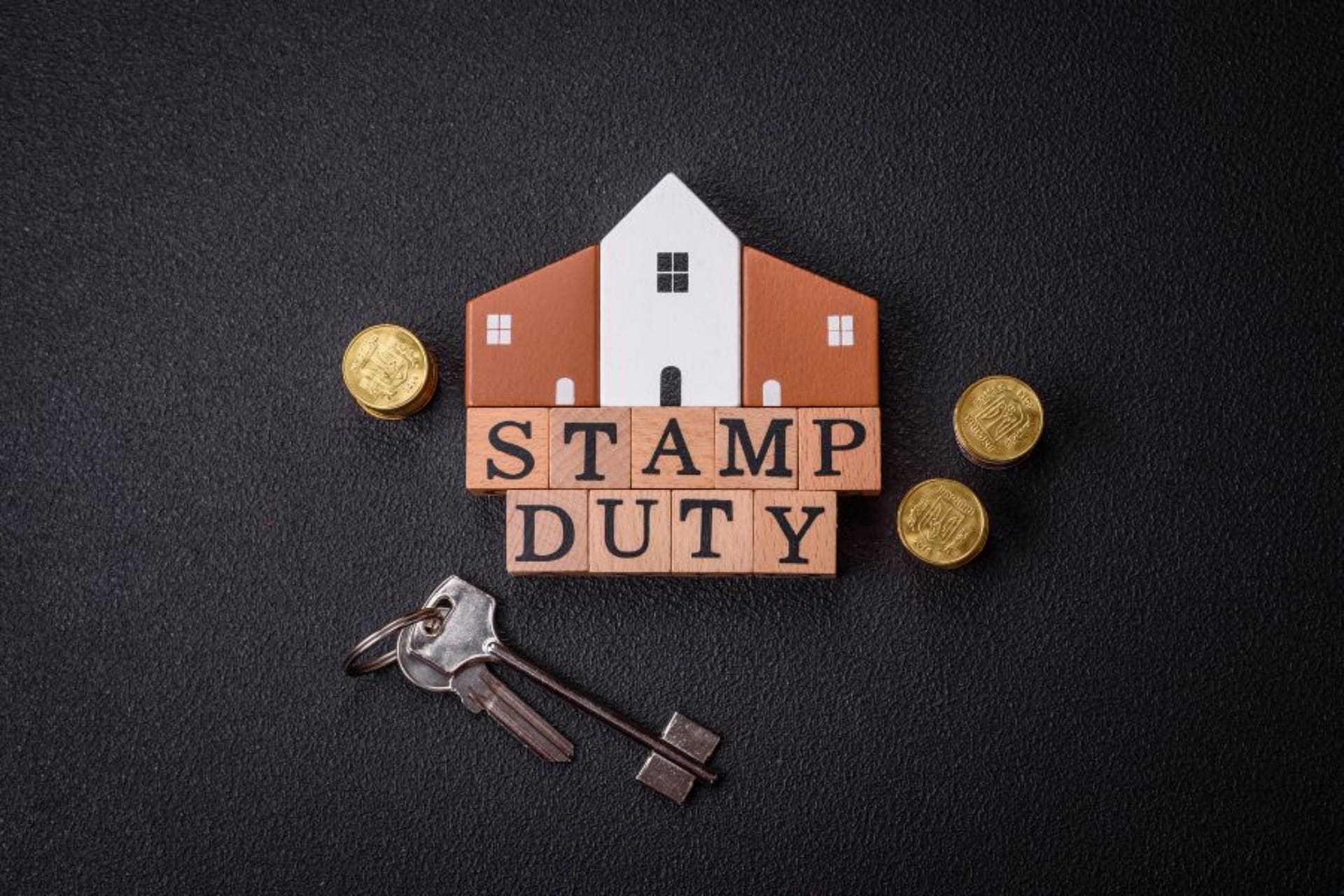In Australia, transferring property as a gift is a legal process that involves changing property ownership without a sale transaction. While this may seem straightforward, the transfer of property by way of gift stamp duty is a key consideration that cannot be overlooked.
This article provides a detailed breakdown of how stamp duty applies to gifted property transfers, how it is calculated, what exemptions exist, and the steps involved in completing the process legally and efficiently.
Table of Contents
ToggleIs Stamp Duty Payable When Gifting Property in Australia?
Yes, stamp duty is generally payable when gifting property in Australia. Even though no money is exchanged, the transfer of ownership is still considered a taxable event. The state or territory where the property is located determines the amount of stamp duty owed.
Why Is Stamp Duty Charged on a Gifted Property?
Stamp duty is applied to property transfers to ensure that the government collects revenue when ownership changes. Since the new owner receives a valuable asset, the tax applies even if the transfer occurs without payment.
Who Pays the Stamp Duty on a Gifted Property?
The person receiving the property (the recipient or transferee) is responsible for paying the stamp duty. This means that if you are gifted a property from a family member or friend, you will likely need to cover the stamp duty costs before the transfer is finalised.
Are There Any Exceptions?
There are some cases where stamp duty may not apply or where discounts are available. These depend on factors like the relationship between the giver (donor) and receiver (donee), as well as the state or territory where the property is located.
How Is Stamp Duty Calculated for Gifted Property Transfers?
Stamp duty for gifted property is typically based on the market value of the property, not the price paid (since no payment is made). The government assesses the property’s worth to determine the tax amount.
How Does the Government Determine Market Value?
The market value of the property is usually established through:
- A professional valuation by a licensed valuer
- Recent sales of similar properties in the area
- Council or state revenue office assessments
If you attempt to undervalue the property to reduce stamp duty, the tax office may reject the valuation and impose penalties.
State-by-State Stamp Duty Calculation
Each Australian state and territory has different stamp duty rates. Below is a general guide, but rates may change over time. To get the exact amount payable, it’s best to check with the state revenue office where the property is located.
Also Read: The Ultimate Guide to Gifting Property
Are There Any Exemptions or Concessions for Stamp Duty on Gifted Property?
Some situations allow for full or partial stamp duty exemptions when gifting property. These exemptions vary by state and typically apply in family-related transfers.
Common Exemptions and Concessions:
Transfers Between Spouses or De Facto Partners: Many states provide a stamp duty exemption or discount when transferring property between married or de facto partners. This is often applicable when restructuring ownership of a family home.
Transfers Due to Divorce or Separation: If a property transfer occurs as part of a divorce settlement, some states offer an exemption from stamp duty. The Family Court must approve the agreement, and the transfer must be in line with the legal settlement terms.
Transfers Between Parents and Children: In some states, parents can transfer property to their children without triggering full stamp duty. However, eligibility for this concession varies.
Farm or Primary Production Land Transfers: Some states provide stamp duty relief when transferring farmland or primary production land between family members. This exemption aims to keep agricultural businesses within families.
Inheritances: If a property transfer happens as part of an inheritance under a legal will, some states offer a full stamp duty exemption. The will must clearly outline the transfer of the property to the beneficiary.
Even if an exemption applies, legal paperwork and proof of relationship are required. Always check with the relevant state authority to confirm eligibility.
What Steps Are Involved in Transferring Property as a Gift?
Transferring property as a gift involves several legal and financial steps. Here’s a step-by-step guide to ensure a smooth process.
1. Get Legal and Financial Advice
Before gifting a property, both the giver and receiver should seek legal and financial advice. This ensures they understand stamp duty obligations, tax implications, and potential risks.
2. Obtain a Property Valuation
Since stamp duty is calculated based on the market value, a professional property valuation is essential. The state revenue office may require an official report.
3. Prepare the Legal Documents
The transfer requires legal documentation, including:
- A Transfer of Land document (prepared by a lawyer or conveyancer)
- A Statutory Declaration (confirming the nature of the transfer)
- Proof of identity for both parties
4. Lodge the Documents with the State Revenue Office
Once the paperwork is complete, the documents must be submitted to the relevant state revenue office. This is when the stamp duty assessment takes place.
5. Pay the Stamp Duty
If stamp duty applies, it must be paid before the property transfer is finalised.
6. Register the Transfer with the Land Titles Office
The new owner must register the change of ownership with the state’s Land Titles Office. This updates the official land records.
Gifted Property Transfers Made Simple with CJC Law
Gifting property is a generous act, but it comes with legal and financial obligations. Stamp duty can be a significant cost, and exemptions vary across states. If you’re considering a transfer of property by way of gift stamp duty, professional advice is essential.
At CJC Law, we specialise in property transfers and stamp duty exemptions. Our expert conveyancers ensure your transaction is legally sound and cost-effective. Contact CJC Law today for personalised guidance and seamless property transfer services.




